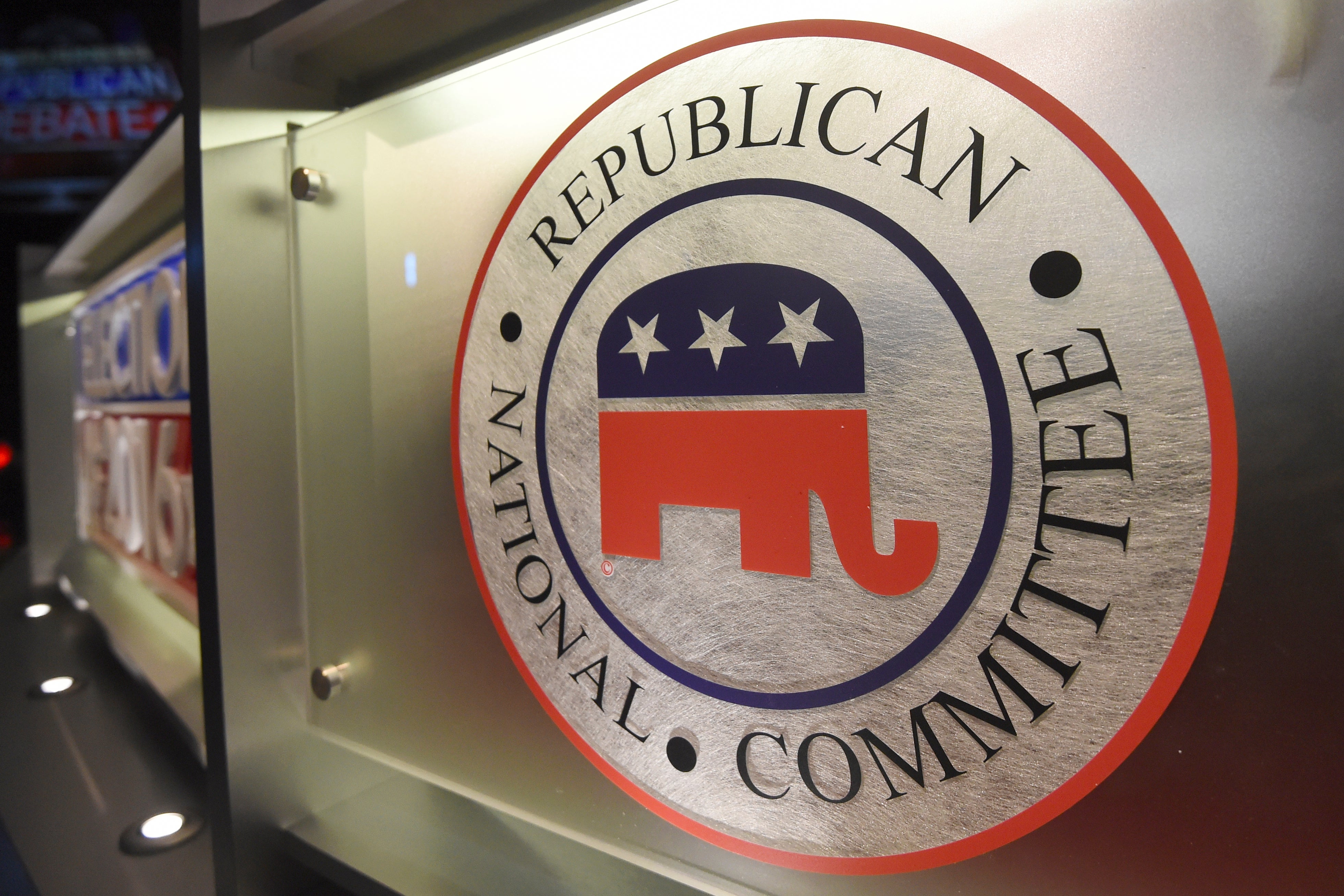Republican National Committee boosts polling and fundraising thresholds to qualify for 2nd debate
Some Republican presidential candidates haven’t met polling and fundraising thresholds for the first 2024 debate, and now requirements for making it to the second debate will be even higher

Your support helps us to tell the story
From reproductive rights to climate change to Big Tech, The Independent is on the ground when the story is developing. Whether it's investigating the financials of Elon Musk's pro-Trump PAC or producing our latest documentary, 'The A Word', which shines a light on the American women fighting for reproductive rights, we know how important it is to parse out the facts from the messaging.
At such a critical moment in US history, we need reporters on the ground. Your donation allows us to keep sending journalists to speak to both sides of the story.
The Independent is trusted by Americans across the entire political spectrum. And unlike many other quality news outlets, we choose not to lock Americans out of our reporting and analysis with paywalls. We believe quality journalism should be available to everyone, paid for by those who can afford it.
Your support makes all the difference.Some Republican presidential candidates haven't yet met polling and fundraising thresholds for the first debate of the 2024 cycle, and now the qualifications for making it to the second one will be even higher.
To get to the second debate, scheduled for Sept. 27 at the Ronald Reagan Presidential Library in Simi Valley, California, candidates will need at least 3% in two national polls or will need 3% in one national poll as well as two polls from four of the early-voting states — Iowa, New Hampshire, Nevada and South Carolina — a person familiar with the markers set by the Republican National Committee told The Associated Press on Wednesday.
The White House hopefuls must also have at least 50,000 unique donors, with at least 200 of those coming from 20 states or territories, according to the person, who wasn't authorized to speak publicly on the qualifications and spoke on the condition of anonymity. The new thresholds were first reported by Politico.
All of the requirements must be met at least two days before the debate, the person said.
Those are increases from the thresholds for the first debate, scheduled for Aug. 23 in Milwaukee. To get there, candidates have to secure at least 1% in three high-quality national polls, or in a mixture of early-state and national polls, as well as secure at least 40,000 unique donors.
Meeting those marks has been tough for about half of the broad GOP field.
So far, seven candidates have qualified for the first debate: former President Donald Trump, Florida Gov. Ron DeSantis, former U.N. Ambassador Nikki Haley, South Carolina Sen. Tim Scott, biotech entrepreneur Vivek Ramaswamy, former New Jersey Gov. Chris Christie and North Dakota Gov. Doug Burgum.
Two hopefuls, former Vice President Mike Pence and former Arkansas Gov. Asa Hutchinson, have met the polling requirements but not yet secured the needed number of unique donors. Others have aimed to up their numbers in creative — and potentially legally questionable — ways.
Trump, the field’s early front-runner, long ago met the polling and fundraising thresholds but has said that he might skip the Milwaukee debate and hold a competing campaign event of his own. The on-stage participating candidate with the highest poll numbers will appear in the center, according to the debate details shared with the AP.
An overall RNC requirement to participate in its debates is that candidates pledge to support the eventual GOP nominee and vow not to take part in any debates not sanctioned by the party, which include the general election debate sponsored by the Commission on Presidential Debates.
The RNC has declined to release the actual language of the pledge it intends to make candidates sign. The pledge is expected to be similar to the one in 2016, when candidates had to affirm that, if they did not win the nomination, they would “endorse the 2016 Republican presidential nominee regardless of who it is” and not run as an independent or accept the nomination of any other party.
Only former Texas Rep. Will Hurd has said definitively that he will not sign the 2024 pledge. He said he won't support Trump, who has been indicted three times, if he becomes the eventual nominee.
Trump was indicted Tuesday on felony charges for working to overturn his 2020 election loss to Democrat Joe Biden in the run-up to the Jan. 6, 2021, riot by his supporters at the U.S. Capitol, and he is due in court in Washington, D.C., on Thursday. His campaign has called those charges “fake.”
He also faces charges in a federal case in Florida related to the mishandling of classified documents and in a state case in New York stemming from hush money payments made during the 2016 presidential campaign to bury allegations of extramarital sexual encounters.
___
Meg Kinnard can be reached at http://twitter.com/MegKinnardAP.